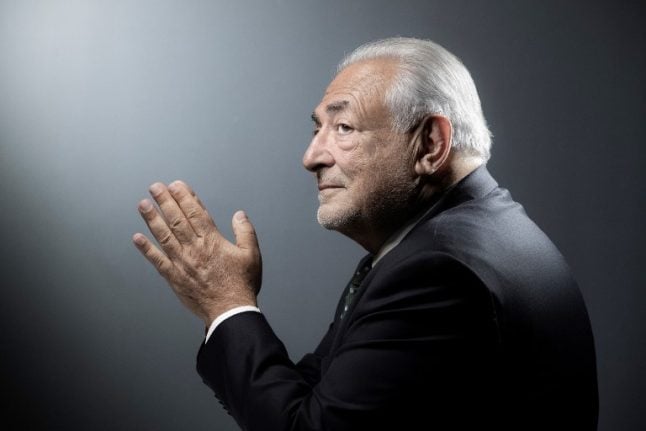Strauss-Kahn told staff he had come to “apologize to those who have been hurt” by the scandal, and said he was sorry the sensational case had had a negative impact on the IMF, according to a Fund employee at the meeting.
The French economist’s visit to the IMF headquarters in Washington lasted just under two hours and included a brief meeting with his successor, formerFrench finance minister Christine Lagarde.
The employee described the atmosphere of the meeting as “very positive” and said about half the Fund’s staff was present and had applauded Strauss-Kahn, who was emotional during the visit, accompanied by his wife Anne Sinclair.
Strauss-Kahn — seen as a frontrunner for the French presidency before the legal drama unfolded in New York — praised Fund employees and called his four-year IMF stint “the most interesting” time in his professional career.
He also heaped praise on Lagarde, the employee said.
“These were private meetings, arranged at his request. We have no further comment to offer,” an IMF spokesman said in a statement.
Strauss-Kahn, 62, resigned as the International Monetary Fund’s managing director after he was arrested and charged in May with sexually assaulting and attempting to rape a hotel maid in New York. Lagarde replaced him in July.
Last week, Strauss-Kahn walked free when a judge dismissed charges against him. Prosecutors said they could not pursue the case because the accuser’s lies had made it impossible to prove her accusations beyond a reasonable doubt.
Strauss-Kahn returned to his Washington residence on Friday. He made nostatement to journalists outside his home in an upscale district ofWashington, waving them away with his hand.
An IMF staff memo obtained by AFP said Strauss-Kahn had indicated he “would like to have the opportunity to say goodbye to staff.”


 Please whitelist us to continue reading.
Please whitelist us to continue reading.
Member comments